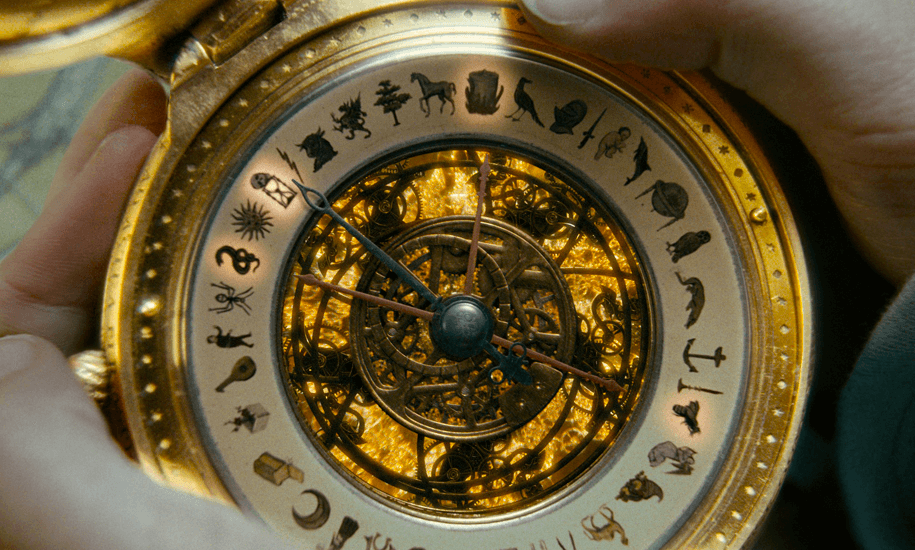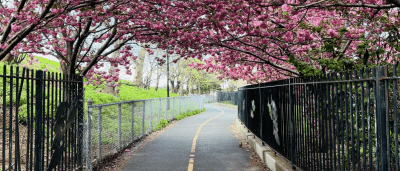Don’t Hate Young Adult Books, Hate the Idea of Young Adults


Maybe it’s because not a lot of things embarrass me or maybe it’s because of the few things I’ve done that I am embarrassed by, books don’t play a part (poorly conceived poetry does, but that’s another story altogether), but no matter the reason, when I read the headline of Ruth Graham’s diatribe on Young Adult literature, I rolled my eyes. In what could perhaps be described as basic Slate–house style (i.e. purposely contradictory and trolling), the essay was titled, “Against YA: Read whatever you want. But you should feel embarrassed when what you’re reading was written for children,” and immediately made me embarrassed to, well, be reading Slate.
But, you know, read Slate I did, because I didn’t want to hate an article that I hadn’t even read, and have a knee-jerk reaction to something that might contain a far more nuanced argument than I was preemptively crediting it for having. Unfortunately, the article hit all the points that I sort of feared it would, namely, that while Graham does not “begrudge young adults themselves their renaissance of fiction,” YA fiction is too lowbrow and simplistic for adults—its resolutions are too pat, its plots too reductive. Adults, Graham feels, should seek out more challenging works, novels that are less likely to cause readers to roll their eyes. Graham specifically mentions authors Alice Munro and John Updike, whose books have “never [made her] roll [her] eyes;” which, ok, maybe Munro’s hasn’t, but Updike? Seriously? Did she just skip over his sex scenes? I don’t get it.
Pretty immediately following the release of Graham’s anti-YA screed, the lit crowd on Twitter weighed in with their own opinions on Young Adult literature and since literary Twitter is as predictable as a broken clock, the responses were pretty much what you’d expect. There were the attacks on Graham that centered around the fact that no one should feel “embarrassed” about reading anything, as long as they’re reading; and people pointed out that YA was a made up genre, not dissimilar to chick lit, but there was excellence within its confines; as well as ardent defenses of “good” YA literature, books like Philip Pullman’s His Dark Materials trilogy and Betty Smith’s A Tree Grows In Brooklyn. And then there were the defenses of Graham, which focused on the subpar quality of many acclaimed YA books (Divergent, The Hunger Games, etc.), but also spoke of our culture’s obsession with everything YA as a sign of a larger, systemic problem, a “devaluation of maturity,” as A.O. Scott of the New York Times tweeted.
And it is with this recognition by Scott that the problem has little or nothing to do with Young Adult books and more to do with young adults. Youth has long been valued in our culture, but the trappings of being young hasn’t been. And yet we now live in a time of arrested development, and while it is to some degree a choice and an indication of a generation that has long been told to prioritize fun and happiness over everything else, it is partially dictated by the peculiar constraints on people who came of age during the recession and have had to do things like live with their parents for much longer than they’d like. And so is it any wonder that people in their 20s and early 30s who are working at jobs that barely pay a living wage and who can’t afford all the trappings of adulthood (home, car, kids, etc.) would turn to books that serve as a form of escapism and validate their bizarrely extended childhood? And is it also surprising that some adults, like Graham and her ilk, would rebel against the idea that anyone would willingly embrace this infantilization of culture? This debate isn’t about the state of literature, rather it’s about the state of our culture as a whole. And the state of our culture as a whole is troubled precisely because it’s preoccupied with the wrong things.
It doesn’t matter if you do or don’t read YA books. For what it’s worth, Pullman’s His Dark Materials trilogy, which I read at the same time as my 9-year-old son, contained some of the most complex, lyrical writing that I’ve consumed in the last decade, while much of the absolute worst, most contrived, simplistic writing has been in the form of adult novels. But you know what? That’s not worth much! It’s ridiculous to spend much time at all hating any genre of books, especially when what you really hate is actually a systemic problem that has little to do with the sad state of contemporary publishing and everything to do with a society that has failed its younger generations. So, instead of hating Young Adult books, hate the idea that actual young adults have such circumscribed lives that The Hunger Games is their best means of escape.
Follow Kristin Iversen on twitter @kmiversen
You might also like 




















